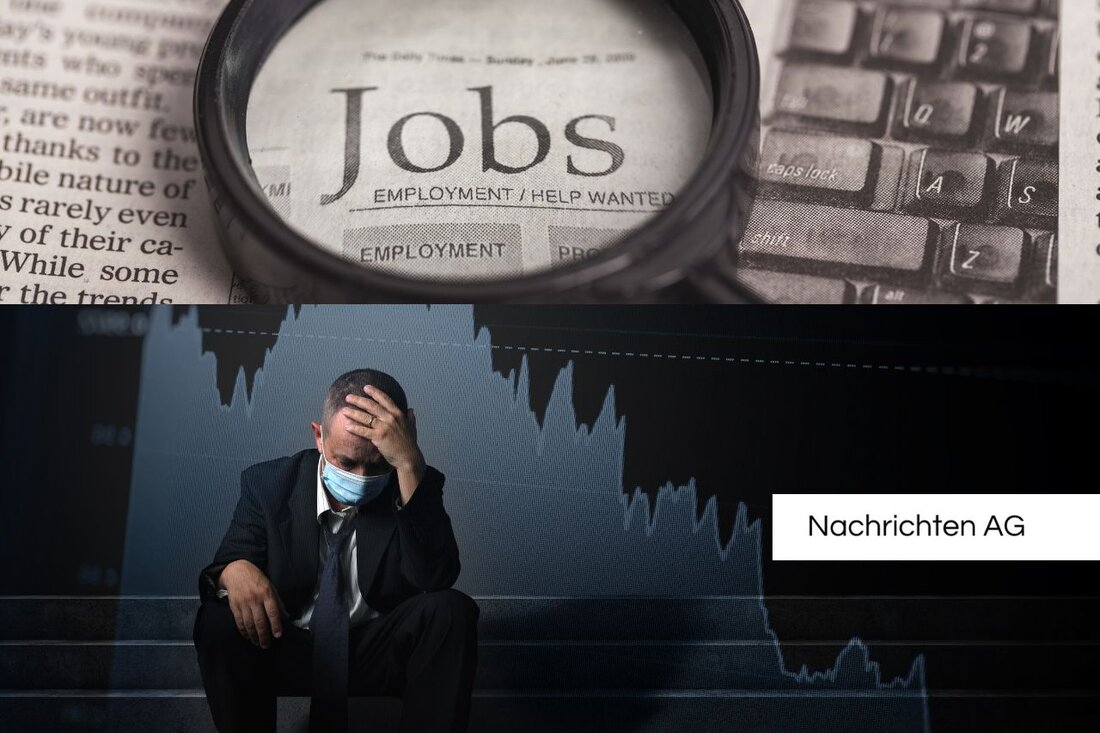Vienna is threatened with a record deficit: the local council discusses its financial future!
The Vienna City Council is debating the 2024 financial statements, examining the financial situation and calling for reforms to ensure stability.

Vienna is threatened with a record deficit: the local council discusses its financial future!
On June 23, 2025, the Vienna City Council met and began a two-day debate about the financial statements for 2024. This meeting marked an important moment for the city, as Finance City Councilor Barbara Novak (SPÖ) gave her first speech in her new role. In her speech, she thanked in particular the people who played a key role in preparing the financial statements, including Federal Minister Peter Hanke and Christoph Maschek. Vienna's economic situation has only recovered slowly after the Corona years and the energy crisis, which is also reflected in the figures. The city of Vienna's debt is an impressive 11.94 billion euros - an increase of 1.77 billion euros compared to the previous year. The planned estimates for 2024 and 2025 also show an increase of 2.24 billion euros, which is causing additional problems for the city, as meinbezirk.at reports.
Unfortunately, the final accounts are not the only worrying news. The deficit for 2024 amounts to 1.77 billion euros, making it the highest in the city's history. A further deficit of 3.8 billion euros is forecast for 2025. Novak emphasizes that the city urgently needs fair federal taxes, as around 500 million euros in revenue are missing in 2024 and 2025. These financial challenges also led to sharp criticism from the opposition.
Opposition is critical
ÖVP club chairman Harald Zierfuß spoke of a “record minus” in the budgets for 2024 and 2025. Judith Pühringer, leader of the Green Party, also called for urgently needed investments in public transport. The positive presentation of the financial situation by the meeting was also particularly discussed. While Neos club leader Selma Arapovic pointed out that Vienna spent 500 million euros less than originally budgeted last year, Dominik Nepp from the FPÖ appealed to those responsible to present reality more realistically and not to sugarcoat it.
If the deficit remains so high, it will be a major challenge for the new coalition of SPÖ and Neos to sensibly implement the required reforms, such as the review of all subsidies and the planned reform of the minimum income. The priority should be on saving, reforming and investing in order to ensure sustainable financial planning, as presse.wien.gv.at reports. The aim is to ensure that “work has to be worth it again”, a goal that Novak announced openly.
Vienna in an economic context
Despite the difficult financial situation, Vienna is recording some positive economic developments. At 6.1 percent, unemployment is below the Austrian average of 8.2 percent and the city generated 119 billion euros last year, which accounts for a quarter of the gross national product. Overnight stays in Vienna are also increasing, with a record of 18.9 million. In addition, over 10,000 business settlements were registered in Vienna in 2023, a positive signal for the location.
As part of the investments, 3.42 billion euros flowed into the health sector and 3.86 billion euros into education, where, among other things, 113 all-day elementary schools with free lunch will operate. The city also increased its assets by 1.1 billion euros to 37.8 billion euros.
Given this mixed outcome, the political discussion in Vienna will certainly remain exciting. The local council is faced with the challenge of implementing all projects in accordance with responsible financial management, while at the same time ensuring social cohesion in the city. It will be interesting to see how the debates develop and whether the needs of the Viennese population can continue to be sufficiently taken into account in the future. The Austrian press release also reports that stronger sustainable financial planning is required in order to optimally master the upcoming budget challenges.

 Suche
Suche
 Mein Konto
Mein Konto